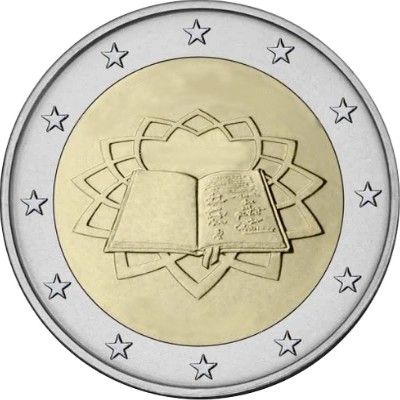
This post is also available in:
Français (French)
- 90-day average price: 9,55 €
- Last recorded price: 500,00 € (07/12/2025)
Data comes from the eBay Browse API (fixed-price listings). Prices reflect recently observed listings, not completed sales. Values are provided for information only.
Introduction
This two-euro coin issued by 13 European countries in 2007 commemorates the 50th anniversary of the Treaty of Rome. This treaty, signed in 1957, marked the beginning of European integration by establishing the European Economic Community (EEC). The coin highlights the importance of this historic event for modern Europe and the unity of European nations.
Coin description
The obverse of the coin features an open book symbolising the Treaty of Rome, on a stylised background of a geometric star-shaped structure. This design represents the Capitol of Rome, where the treaty was signed. Furthermore, the coin features the words “Treaty of Rome 50 years” and “EUROPE” in the official languages of the countries that issued the coin. Around the centre of the coin, the twelve emblematic stars of the European Union are arranged in a circle. Furthermore, these stars symbolise solidarity and harmony between the peoples of Europe. The inner part of the coin is made of nickel and the outer part of brass, providing a distinctive visual contrast.
There is a special feature for Luxembourg.
Indeed, Luxembourg law requires that the portrait of the Grand Duke appears on all issued coins.
On the Luxembourg coin, the portrait of the Grand Duke therefore appears as a watermark on the left side of the coin.
The same law also exists in the Netherlands but it has been amended for common editions only.
However, the Principality of Monaco as well as the micro-states of San Marino and the Vatican have not issued the coin because they are not members of the European Union.
In addition, this coin is the first commemorative 2 euro coin issued by France, Ireland, the Netherlands and Slovenia
Conclusion
In conclusion, the two-euro coin issued by 13 European countries in 2007 for the 50th anniversary of the Treaty of Rome is a meaningful tribute to a fundamental event in European history. Indeed, it reflects the countries’ commitment to European unity and cooperation. Therefore, this commemorative coin is not only a valuable collector’s item but also a symbol of European identity and its continuing evolution towards deeper integration.
Official Journal: 2007/C 65/04
Here are the details of the issues
Liens fournis à titre indicatif, sans garantie de disponibilité ni de prix. Annonces et contenus gérés par eBay.

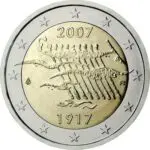
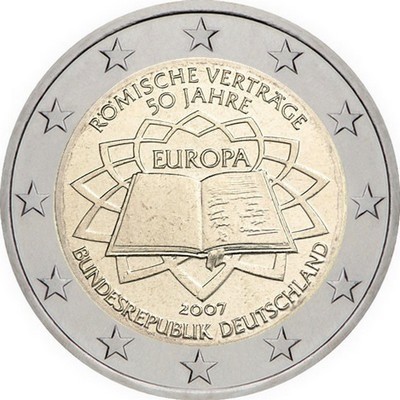
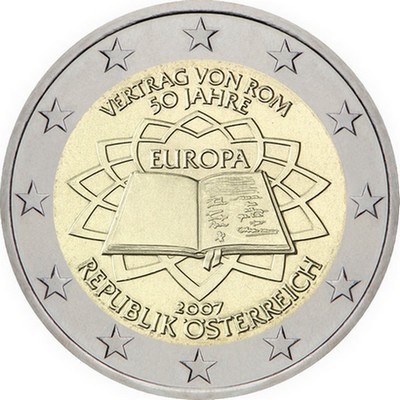
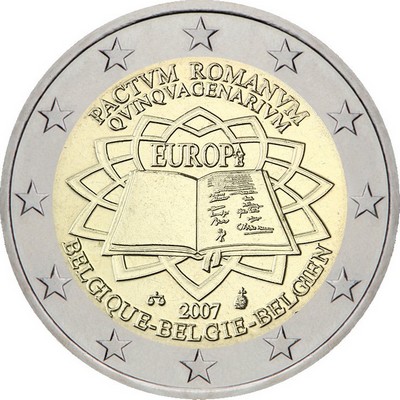
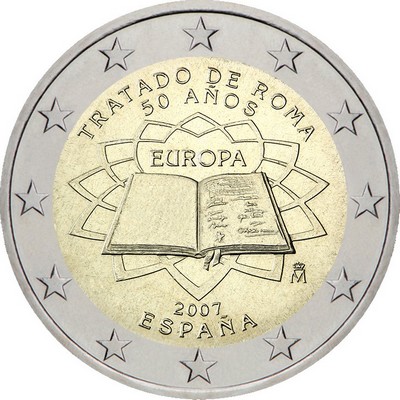
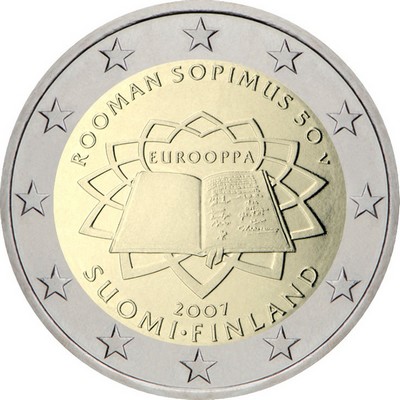

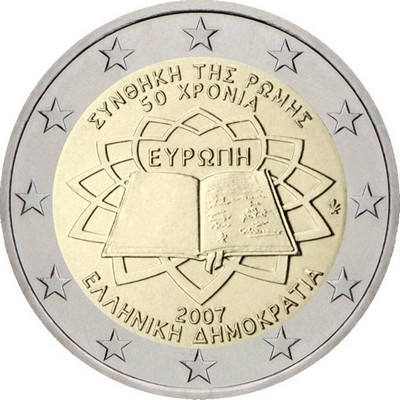
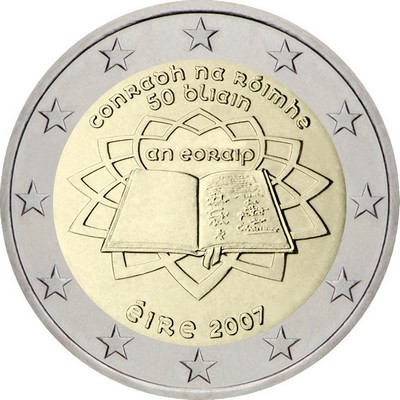
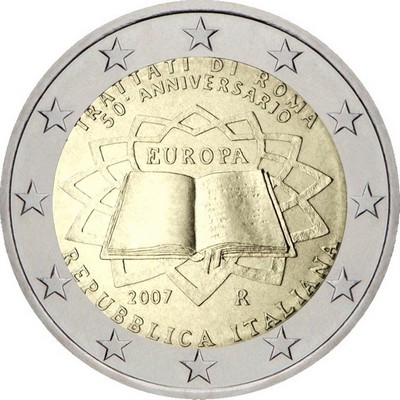

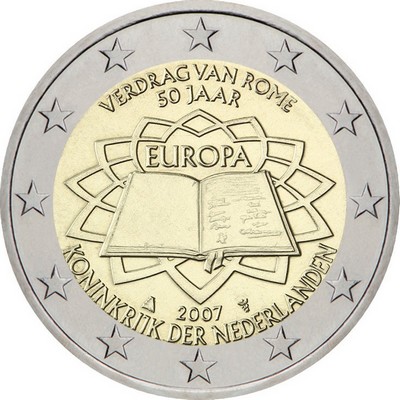

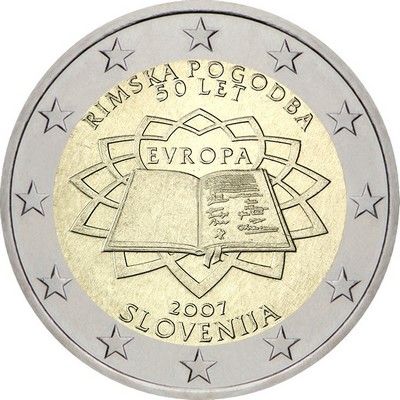
Leave a Reply